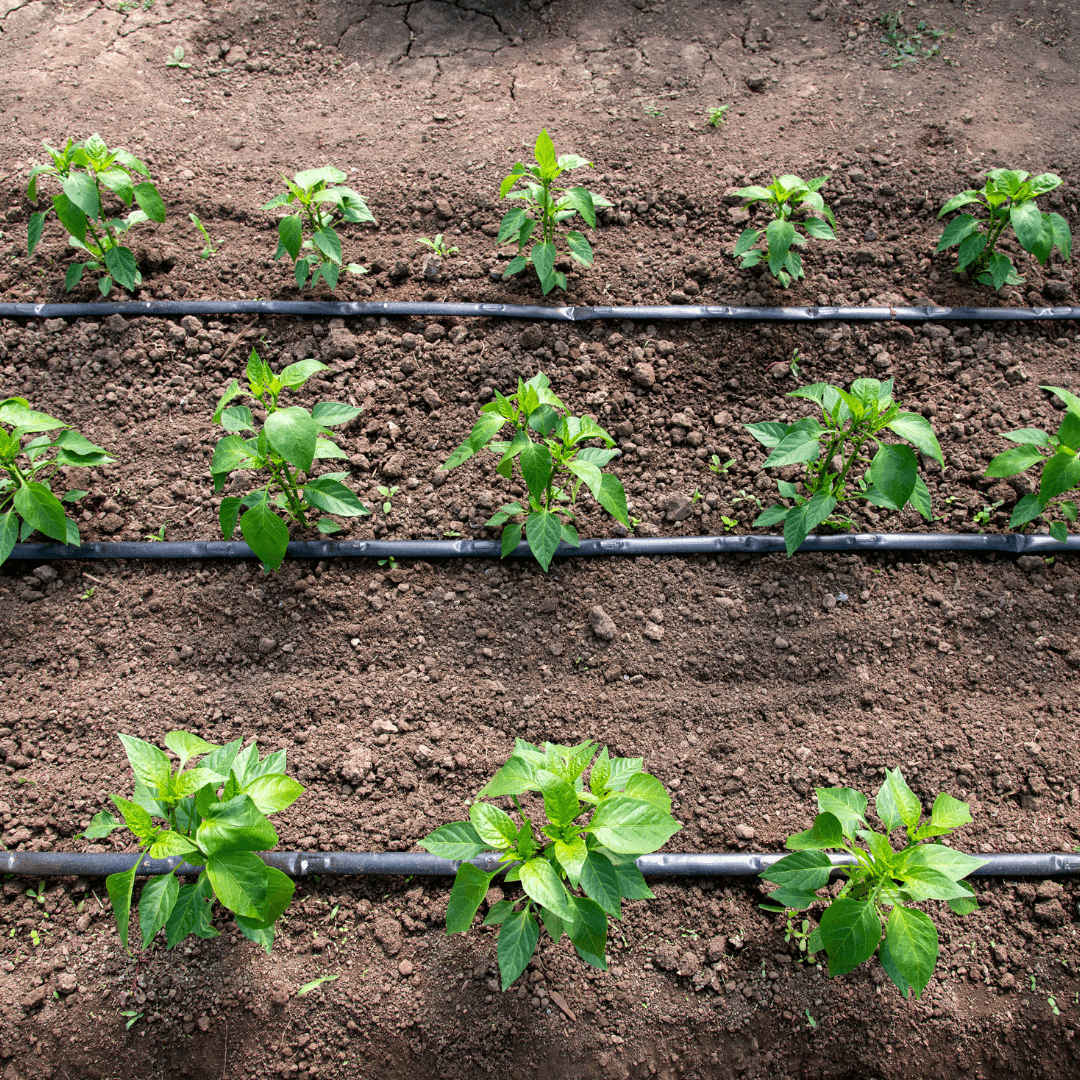Picking the Best Fertilizers for Peppers: Professional Recommendations
Picking the Best Fertilizers for Peppers: Professional Recommendations
Blog Article
Organic Vs. Synthetic Fertilizers: Which Is Best for Supporting Healthy And Balanced Pepper Plants?
In the world of supporting healthy pepper plants, the option between synthetic and natural fertilizers stands as an essential choice with far-reaching effects. While both alternatives goal to give essential nutrients to sustain plant development, the subtleties of their influence on the soil, plant health and wellness, and the environment trigger a discussion that echoes throughout the gardening community. Recognizing the distinctive advantages and potential challenges of each fertilizer type is vital for pepper growers seeking to optimize their yields while maintaining an eco-conscious and sustainable approach.
Benefits of Organic Fertilizers
Organic plant foods offer an environmentally-friendly and lasting method to beneficial pepper plants, providing important nutrients without making use of artificial chemicals. These natural fertilizers are stemmed from organic resources such as compost, manure, bone meal, and algae, advertising dirt wellness and biodiversity. Unlike synthetic fertilizers, organic options launch nutrients gradually, guaranteeing a well balanced and stable supply for pepper plants to prosper.
One considerable advantage of natural fertilizers is their capacity to enhance dirt structure and water retention. By enhancing soil wellness, natural fertilizers promote advantageous microbial task, which helps in nutrient uptake by pepper plants. Additionally, natural plant foods lower the risk of chemical run-off, shielding water resources from pollution and securing the environment.
In addition, organic fertilizers add to long-term dirt fertility by advertising the growth of beneficial soil organisms. These organisms assist break down organic matter, releasing nutrients in a type that is quickly available to pepper plants. best fertilizers for peppers. By fostering a healthy soil ecological community, natural plant foods sustain sustainable pepper farming techniques that profit both plants and the atmosphere
Downsides of Artificial Fertilizers
Artificial fertilizers, in comparison to their natural counterparts, present different downsides when used to nurture pepper plants, affecting both plant wellness and environmental sustainability. One major disadvantage of synthetic fertilizers is their propensity to seep nutrients from the dirt swiftly.
Furthermore, the overuse of artificial fertilizers can add to water air pollution. Excess plant foods not absorbed by plants can get rid of right into water bodies, resulting in eutrophication, where algae blooms diminish oxygen degrees in the water, harming aquatic life. Furthermore, artificial plant foods are normally stemmed from non-renewable sources, such as fossil gas, adding to carbon exhausts and ecological deterioration throughout their manufacturing.
Nutrient Absorption Contrast
When contrasting natural and synthetic plant foods in terms of nutrient absorption, natural fertilizers have the advantage of giving a much more well balanced and slow-release resource of nutrients. Organic fertilizers consist of a range of macro and micronutrients that are not only valuable for the plants however additionally advertise healthy soil microbial activity, which assists in nutrient uptake.
Moreover, natural plant foods improve dirt framework and water retention ability, allowing pepper plants to accessibility nutrients much more efficiently. This better soil high quality promotes root look at these guys development, making it possible for better nutrient absorption. Artificial fertilizers, although initially increasing plant growth because of their high nutrient concentrations, may prevent lasting nutrient absorption by degrading dirt health and wellness in time.
Ecological Impact Considerations

On the various other hand, artificial plant foods, although usually even more concentrated and immediately offered to plants, can have destructive effects on the atmosphere otherwise used appropriately (best fertilizers for peppers). Their production needs high energy inputs, resulting in greenhouse gas emissions and adding to environment adjustment. The runoff of excess artificial plant foods can contaminate water sources, leading to eutrophication and damaging marine ecosystems.
Finest Fertilizer Practices for Peppers
To accomplish this, it is essential to comply with ideal plant food techniques customized to the particular requirements look at this web-site of pepper plants. One critical practice is to carry out a dirt examination prior to applying any fertilizers.
One more important method is to fertilize pepper plants at the appropriate time. Commonly, peppers benefit from getting fertilizer at planting and then once again when they start to blossom. Over-fertilizing can bring about nutrient imbalances and damage the plants, so it is vital to follow recommended application prices.
Furthermore, picking a well balanced fertilizer with an NPK proportion that suits pepper plants' needs is essential. Organic plant foods, such as garden compost or manure, can be outstanding options as they launch nutrients gradually and boost soil structure with time. Nonetheless, artificial fertilizers can provide a fast nutrient boost when required. Eventually, combining artificial and organic plant foods deliberately can aid nurture healthy and balanced pepper plants while decreasing environmental influence.
Final Thought

Organic plant foods offer a sustainable and environmentally-friendly technique to beneficial pepper plants, providing vital nutrients without the use of artificial chemicals. Unlike artificial fertilizers, natural options launch nutrients gradually, ensuring a balanced and stable supply for pepper plants to flourish.
Synthetic fertilizers, in contrast to their organic counterparts, pose various drawbacks when utilized to nourish pepper plants, impacting both plant health and environmental sustainability. When comparing synthetic and natural web link plant foods in terms of nutrient absorption, natural plant foods have the benefit of providing an extra well balanced and slow-release resource of nutrients.Furthermore, natural plant foods enhance soil structure and water retention capacity, enabling pepper plants to access nutrients extra effectively.
Report this page